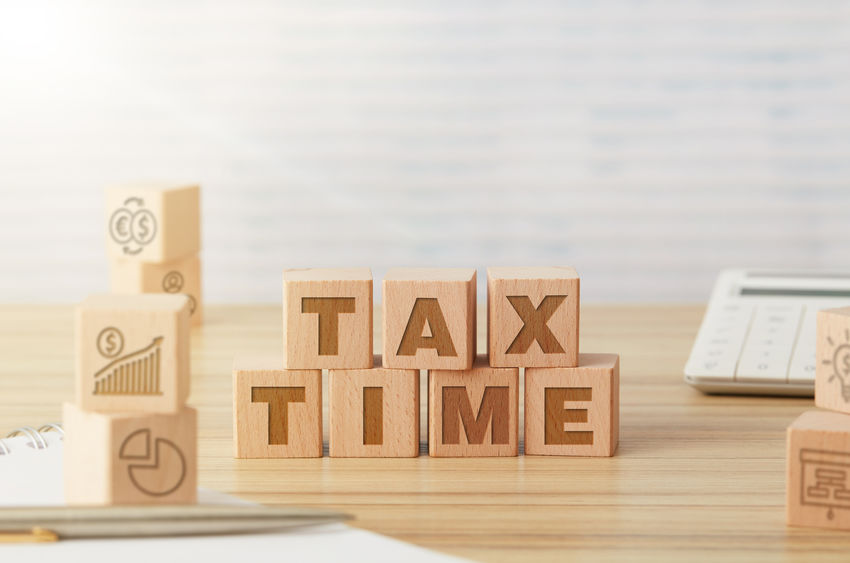The IRS issued several final rules and other tax announcements at the close of 2020. Several may affect your upcoming tax filing, particularly if you’re a business owner. Take a look at the following examples:
Charitable Extras
If you were a generous giver in 2020, the federal government wants to reward you. C Corporations can apply an increased limit of 25% of taxable income for qualifying cash donations made in 2020 (the limit is usually 10%). And if your business donated eligible food inventory (for the care of the ill, needy, and infants) in 2020, the limit for these contribution deductions increased from 15% to 25%.
Individual taxpayers who use the standard deduction can claim an “above-the-line” deduction of up to $300 for cash contributions made to qualifying charities during 2020. And those individuals who itemize may claim up to 100% of their adjusted gross income in 2020 (limits usually range from 20% to 60%).
Transportation Fringe Benefits
One of the more confusing changes enacted with the 2017 tax overhaul was the disallowance of certain qualified transportation fringe (QTF) benefits employers have learned to know and love. Final rules were announced in December that answer many of the questions employers had. Those clarifications nail details down to exact parking spots and mile-by-mile deductions in some cases, so if you deduct QTF benefits, take a good look before filing taxes. Changes include a further simplification of the rules regarding mixed parking expenses, deductibility in how employees travel between a residence and place of employment, and COVID-19 factors that affect peak demand during federally declared disasters.
Qualified Opportunity Funds (QOFs)
Investing in Opportunity Zones (economic development projects in distressed areas) can be a great way to offset capital gains, but the IRS is turning up the heat on Qualified Opportunity Funds (QOFs) and those who invest in them. QOF owners are being asked to correctly self-certify on an annual basis. Failing to do so could result in audits for both the QOF owners and their investors. QOF investors are also being notified when it appears there’s a problem with their investment that may prevent them from deferring taxes on any gains invested in the QOF. Be on the lookout for a Letter 6251, Reporting Qualified Opportunity Fund (QOF) Investments, for an indication your QOF investment needs review.
Like-Kind Exchanges
Final rules were released in November addressing the definition of real property under section 1031 and the receipt of personal property that is incidental to real property received in a like-kind exchange. According to the IRS, real property includes “land and generally anything permanently built on or attached to land.” It can also include property that is characterized as real property under applicable state or local law. But, as determined by the 2017 Tax Cuts and Jobs Act (TCJA), personal or intangible property such as vehicles, artwork, collectibles, patents, and other intellectual property generally do not qualify.
Additional changes affect safe harbor 401(k) and 401(m) plans, 403(b) retirement plans and custodial accounts, and tax payment agreements. Take a look at the latest here, and feel free to contact us with questions. There’s still time to strategize around many of these changes to reduce your 2020 tax obligations, but the clock is ticking.















